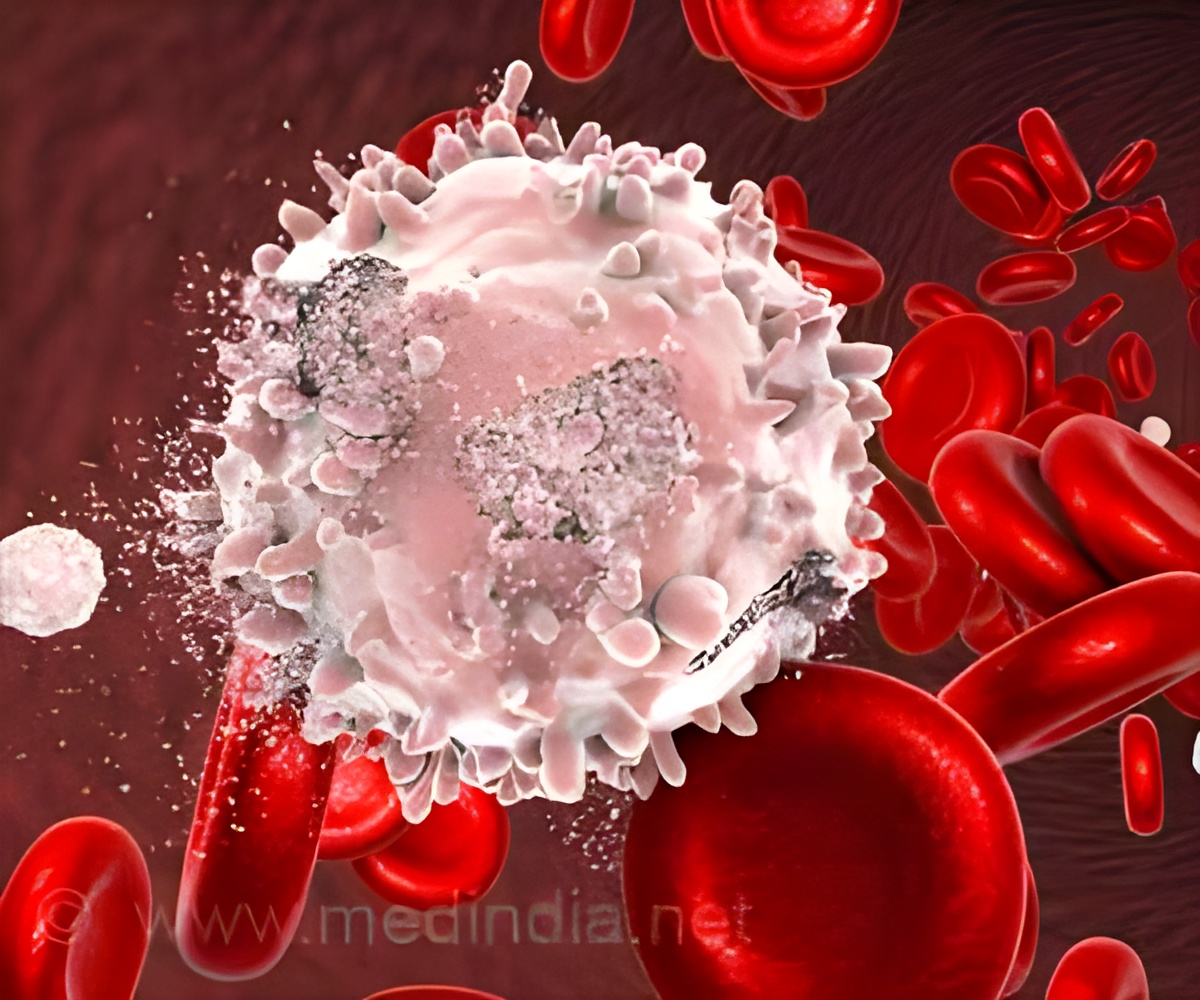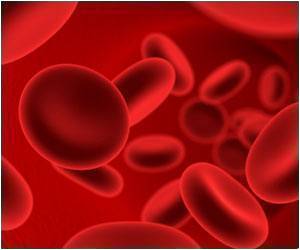
‘Ubiquitin-fusion degradation 1 (UFD1), a protein may increase the aggressiveness of T-cell leukemia, a subtype of leukemia that affects children and adults.’
Tweet it Now
Leukemia is a blood cancer that affects individuals of all ages. T-cell is a particularly aggressive subtype of leukemia which is fatal in 20 percent of children and 50 percent of adults.A team of researchers at Boston University School of Medicine (BUSM) conducted combined analyses of patient samples and experimental models of leukemia that resemble a major subtype of the disease. They found that UFD1 is expressed in this aggressive subtype of leukemia, and reducing its protein levels by approximately 50 percent inhibited leukemia development and progression without impacting the overall health of the experimental models.
"Because of its discouraging odds, and because current treatments remain highly toxic to patients, continued research efforts are needed to understand what causes this disease's aggressiveness and its resistance to treatment, and to identify alternative treatments that are effective but minimally toxic," explained corresponding author Hui Feng, MD, Ph.D, assistant professor of pharmacology and medicine at BUSM. "This research identifies the potential of targeting UFD1 to treat aggressive leukemia without causing high toxicity to normal tissues."
Source-Eurekalert













